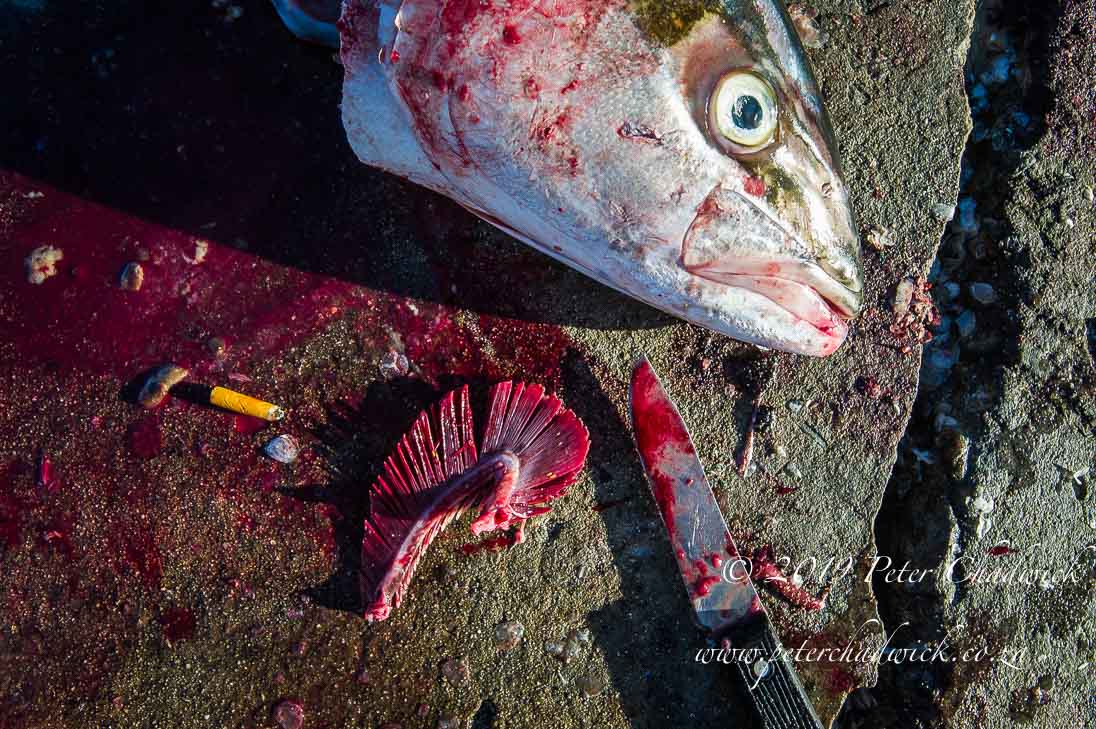Our oceans have long been thought to have an endless supply of resources and have also long been a dumping ground for our waste. They are vital to the health of our planet and are now at severe risk from this over-exploitation and lack of care. Some of the greatest risks currently facing our oceans include:
1: Overfishing: It is estimated that at least 80% of the world’s fisheries are fished at or beyond their maximum sustainable limits.
2: Plastic and other pollution: Most of the pollution in the oceans derives from land based sources through industry and agriculture. Increases in heavy metals leaching into the oceans are making many marine species toxic for consumption. More than 10 million tonnes of plastic finds its way into the sea each year and oil spills amount to only 5% of the all of the oil entering our oceans.
3: Marine and coastal habitat destruction: Although most areas of the world’s oceans are facing habitat loss, coastal areas are suffering the most. Estuaries, mangroves and the breeding and nursery areas for many marine species are being destroyed.
4: Marine and coastal mining: Coastal mining is leading to the destruction of habitats, while off-shore mining is stripping the seabed and subsequently smothering benthic organisms as unwanted material is dumped again.
5: Poaching and illegal harvesting. As a result of a growing demand for marine products and lack of employment opportunities there is an increase in marine poaching. Abalone and West Coast Rock Lobster poaching is taking place at organised crime levels, which results in social degradation.
What you can do to help save the oceans.
1. Support Marine Protected Areas
2. Do not dump waste or pollutants into the oceans
3. Become involved in beach clean ups.
4. Support sustainable fisheries endorsed by the Marine Stewardship Council and SASSI
5. Report occurrences of illegal harvesting and poaching to the authorities and ensure that they respond


